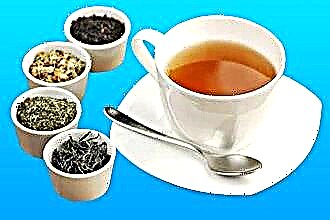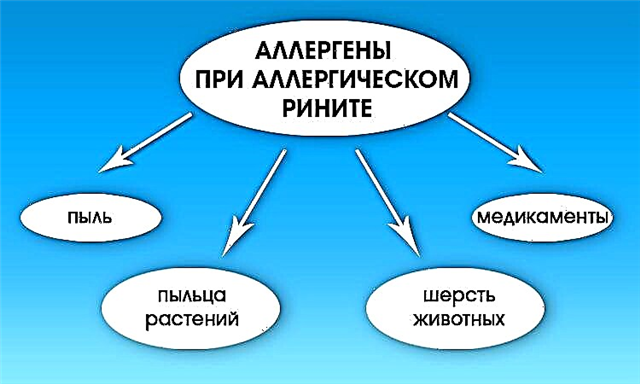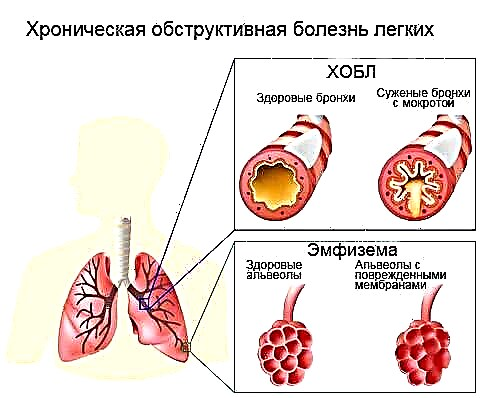Hypertension is one of the most common diseases among the working-age population. Violation of the general condition and a high risk of developing severe complications require a systematic approach to the therapy of pathology. To lower blood pressure, standard treatment involves lifestyle modification and medication with different mechanisms of action. In the presence of contraindications to drugs, a mild form of pathology and personal prejudices, alternative medicine is often used. One of the most commonly used methods is thyme tea.
Herbal treatment for hypertension: can thyme be used for high blood pressure?
 The occurrence of arterial hypertension is most often associated with an increased amount of fluid in the body and an increased vascular tone. The most commonly used drugs (diuretics, beta-blockers and ACE inhibitors) affect cardiac contractility and kidney filtration of blood. The use of herbal remedies in the form of teas or infusions is recommended as an additional therapy, provided that there are no contraindications.
The occurrence of arterial hypertension is most often associated with an increased amount of fluid in the body and an increased vascular tone. The most commonly used drugs (diuretics, beta-blockers and ACE inhibitors) affect cardiac contractility and kidney filtration of blood. The use of herbal remedies in the form of teas or infusions is recommended as an additional therapy, provided that there are no contraindications.
In order to lower blood pressure, the following are used:
- motherwort;
- Melissa;
- Dill;
- thyme;
- strawberries.
The use of alternative medicine has certain advantages over standard therapy.
| Advantages | Flaws |
|---|---|
| Minimal side effects | Slow development of the desired effect |
| Safety (allowed for use by pregnant women) | There is no sanitary control of the cultivation of medicinal plants |
| Long-term effectiveness | Inaccurate dosing of active substances |
| Possibility of combination with other means | |
| Availability (prices for herbal preparations and extracts are an order of magnitude lower than tableted and injectable drugs from protocols) |
The most commonly used thyme extract or tea for high blood pressure due to the ease of preparation and high effectiveness of the product.
The mechanism of action of the extract on blood pressure
 The effect of thyme on blood pressure is due to the presence of two active substances:
The effect of thyme on blood pressure is due to the presence of two active substances:
- thymol - an alcohol-like substance characterized by antiseptic and hypotonic (pressure-reducing) properties;
- carvacrol - an aromatic alcohol with a moderate antibacterial effect against E. coli and Pseudomonas aeruginosa.
Thymol exposure is due to a combination of two main components of blood pressure:
- an indicator of the peripheral resistance of the arteries. Blocking the ion channels of endothelial cells (the inner surface of the vessel) contributes to a decrease in tone and a drop in the values of the upper (systolic) and lower (diastolic) pressure. The action resembles the effect of drugs - calcium channel blockers (Nifedipine, Verapamil);
- contractile function of the myocardium (mainly atria). Slowing down and weakening heart contractions reduces the amount of blood entering the vessels of the systemic circulation. Indicators of systolic pressure are falling.
In addition, thyme lowers blood pressure by acting on the patient's nervous system. A weak sedative effect of the extract is manifested in hypertension caused by chronic stress and fatigue.
Recipes for home treatment of hypertension: how to make thyme tea the right way?
An important advantage of using thyme is the ability to make medicinal tea at home and in various combinations to achieve the desired effect.
Common recipes for thyme tea are shown in the table.
| Name | Cooking method |
|---|---|
| Pure thyme | Pour 200 ml of boiling water 2-3 sprigs of thyme. Put on fire, bring to a boil, strain and cool |
| Black tea with thyme | Put 1 teaspoon of black tea and 5 g of thyme leaves in a teapot. Pour 250 ml of boiling water over. Insist 5-10 minutes, drain |
| Calming |
|
| For colds |
|
| Hypotonic (combination of plants to lower blood pressure) |
|
Thyme tea is recommended to be consumed chilled to room temperature, since hot drinks worsen the state of health in case of hypertension.
When used together with strong black tea, lemongrass tincture, thyme increases blood pressure.
How to take the remedy correctly: how often and with what courses?
There are several rules for drinking prepared tea:
 the drink is recommended to be taken 2 times a day (in the morning on an empty stomach, in the evening - an hour before bedtime), 200 ml;
the drink is recommended to be taken 2 times a day (in the morning on an empty stomach, in the evening - an hour before bedtime), 200 ml;- course duration - 2 weeks, after which a break of 1.5-2 months is recommended;
- pregnant women can use tea only after consulting an obstetrician-gynecologist, since carvacrol increases the tone of the muscles of the uterus;
- if signs of allergies appear (nasal congestion, runny nose, tearing, sneezing, itchy rash), stop taking the drug;
- thyme tea is not a drug, therefore it is not recommended to use exclusively a drink for the treatment of hypertension;
- the use of brewed thyme must be coordinated with the attending physician.
Regular intake of the drink can reduce blood pressure by 10-15 mm Hg. In addition, tea can additionally affect inflammatory processes in the body, promotes the elimination of excess fluid, and has a weak hypnotic and sedative effect.
Conclusions
Thyme is a medicinal plant that has many properties: antiseptic, sedative and hypotonic. Systemic use of herbal tea or thyme branches helps to reduce blood pressure for a long time and improve the well-being of patients with hypertension. The safety, availability and ease of use of the product make thyme one of the most widely used products.

 the drink is recommended to be taken 2 times a day (in the morning on an empty stomach, in the evening - an hour before bedtime), 200 ml;
the drink is recommended to be taken 2 times a day (in the morning on an empty stomach, in the evening - an hour before bedtime), 200 ml;

